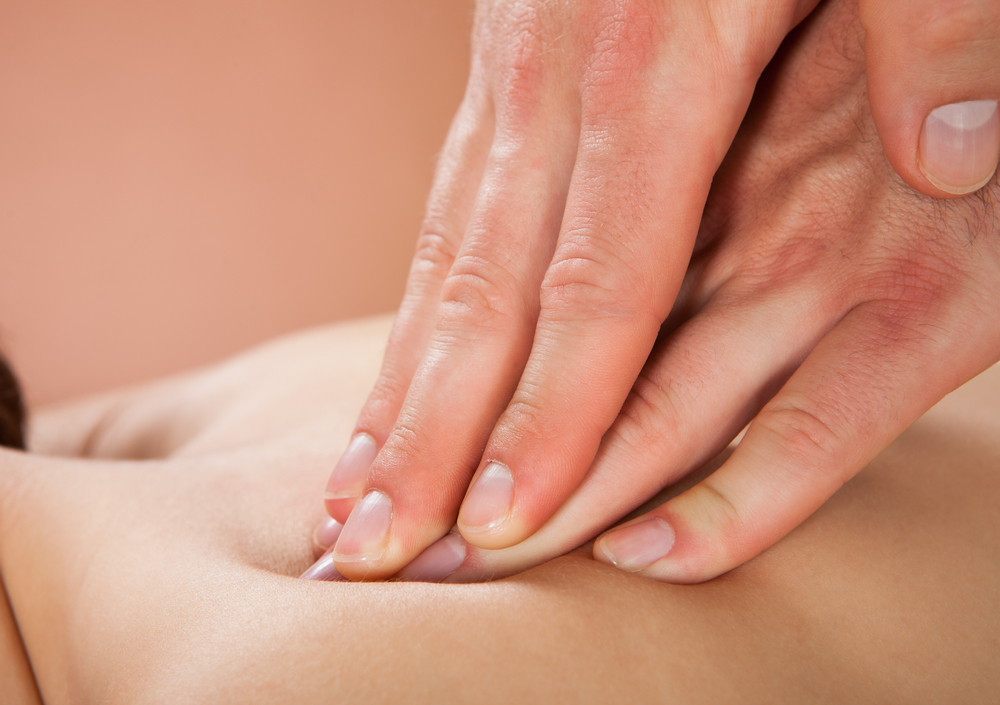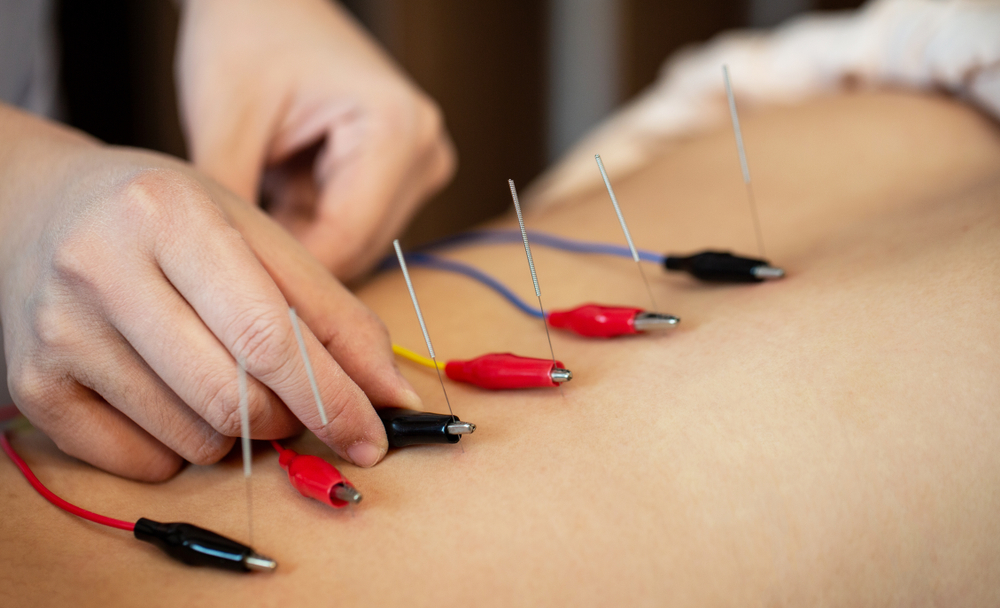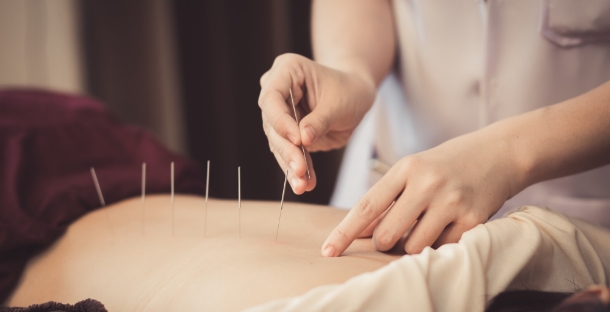
4 Ways Office Jobs Impact Your Health
We’ve known for a while now that office jobs can have some negative impacts on your health. Humans did not evolve to be a sedentary species, and now we spend 8-to-10 hours a day sitting in the same position at our desks. The situation isn’t so dire that there’s nothing you can do to prevent the ill effects of office work. If you understand how office work can impact your health, you’re better equipped to mitigate it. That’s what we’re talking about today. Below, you’ll learn about the biggest problem areas, as well as methods to avoid them.
1. Poor posture
Not all office furniture is created equal. A lot of mass-produced furniture doesn’t take into account how much variety there is in body shape and size. This means that a lot of people are stuck with chairs and desks they can’t properly adjust. This will wreak havoc on your back, neck, and shoulders, as well as increase the risk of repetitive strain injuries.
2. Chronic and high stress
Stressors are abundant in the workplace. Looming deadlines, competitive performance targets, frustrating coworkers, and demanding clients are just a few of the potential sources of stress. A lot of lip service is paid to fostering better work-life balance, but not every employer is invested in making that possible. And unfortunately, chronic or excessive stress can be quite harmful to your health.
Sufferers of chronic stress are at greater risk for heart disease, heart attacks, stroke, high blood pressure, chronic colds and infections, sleep disturbances, stomach problems, depression, and anxiety. (More information on chronic stress can be found here.)
3. Repetitive strain injuries
Repetitive strain injuries result from repeating the same motion over and over. They typically affect your joints, with injuries to the hand, wrist, elbow, and shoulder being the most common among office workers. The following are the most common repetitive stress injuries in the workplace:
- Carpal tunnel syndrome (CTS) is caused when the median nerve, which runs from the forearm into the palm of the hand, becomes pressed or squeezed at the wrist.
- Tendonitis is the inflammation of the connective tissue around your muscles and bones.
- Bursitis is the painful swelling of the small fluid-filled sac (bursa) that cushions the spaces around your bones and muscles.
4. Not moving around enough
People often underestimate how important movement is to maintaining overall health. Our bodies are designed to move. Sitting for long periods of time can cause sore, stiff muscles, reduced flexibility and mobility, and even decrease your cardiovascular health. In addition, not moving enough can cause fatigue, irritability, and weight gain. The effects of sedentary activities are cumulative, so the longer you spend sitting, the worse you are likely to feel. Your stamina for physical activity is also likely to decrease the more sedentary you become.

How to improve your health at work
Fortunately, we know a lot more about maintaining physical health than we used to. A lot of research has gone into not just the effects of office work on the body, but how to stay physically healthy in the workplace. The following are some things to focus on to have you feeling better at the end of the day.
Regular acupuncture treatments
Acupuncture is a holistic treatment designed to activate your body’s natural healing processes by removing stagnation and blockages of Qi (pronounced “chee”) and blood. It’s a treatment known for its stress-relieving and anti-inflammatory properties. This makes it a great way to manage chronic stress, and relieve pain caused by repetitive strain injuries.
Additionally, acupuncture can release and relax tense muscles, which will help improve your posture and flexibility, as well as counteract some of the effects of sitting still for so long. This will also make you more resilient to injury.
Take breaks to stretch and walk around
One of the best things you can do is to take regular breaks to stretch and walk around for a few minutes. This will improve blood circulation and ease tension you may be carrying. It’s especially important to stretch out your hands, wrists, shoulders, and neck as these areas are most prone to repetitive strain injuries.
These breaks will also give your eyes time to rest from staring at a bright screen. It’s recommended that you try to take a short break every hour. However, if you are very stiff or inflexible, you should slowly work your way up to stretching that much. Stretching too much or improperly can cause injury.
Improve the ergonomics of your desk setup
Ergonomics is a term you’ll hear a lot. It basically means that something has been designed to keep your body in positions that won’t harm you. For posture that doesn’t create added strain on any part of your body, you should ensure the following:
- Your feet should reach the floor when sitting
- Your hips should be level with or higher than your knees
- Your forearms should rest comfortably on your armrests
- You should be sitting fully against the back of your chair
- Your desk should be at a height where your elbows can rest at a 90-degree angle
- Your monitor should be at eye level
- Keep your keyboard and mouse close enough that you aren’t over-extending while using them
- The “H” key should be aligned with the centre of your body
Pack healthy snacks in your lunch and drink lots of water
Sitting for so long can make you more prone to snacking. It can also become a coping mechanism for chronic stress. One of the ways to mitigate the tendency to over-indulge in junk food is to make sure you have healthy snacks within easy reach. This could be veggies and dip, rice crackers, or anything that’s high in protein and natural fats like almonds or trail mix.
Another important thing is to make sure you have a water bottle at your desk. Dehydration can creep up on you and it can impact your ability to focus. If you know you’re prone to forgetting to get up to drink water, keeping a bottle at your desk will help you stay hydrated.
Your physical health has a big influence on your mental health. That makes it’s important to be mindful of the ways that your office job may be negatively impacting your body. If you’re not sure where to start reversing the toll your job has been taking, book an appointment for acupuncture. Your acupuncturist can even advise you on things to focus on between treatments.



